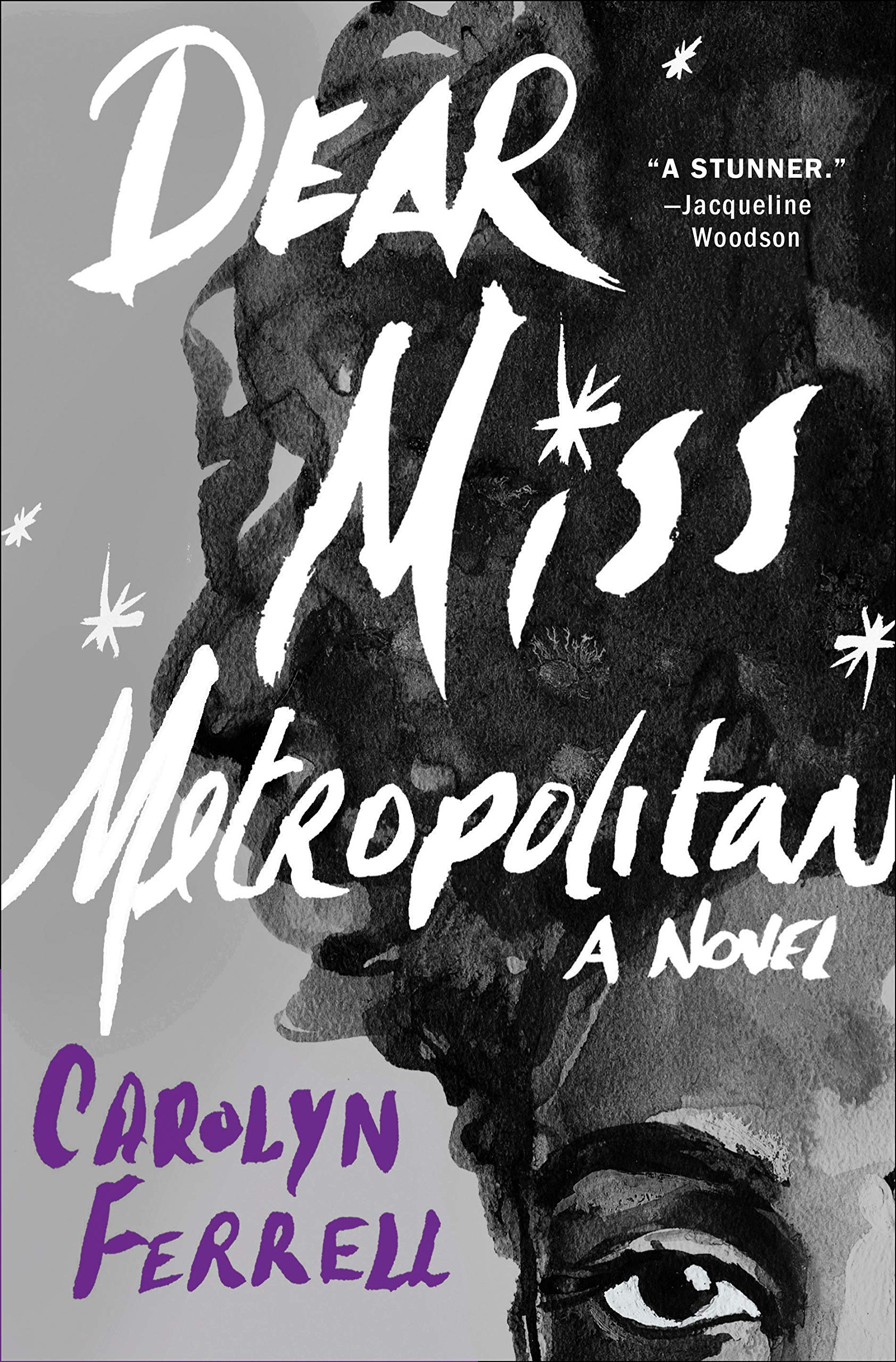
How do you write about unbearable suffering without your writing becoming insufferable or unbearable?
If you’re Carolyn Ferrell, you do it with a combination of dazzling pyrotechnics and sucker punches to the gut. Imagine a three-way collaboration between Thomas Harris, Vladimir Nabokov, and Richard Pryor. And if you think that sounds nuts, wait till halfway through the book when Ferrell starts flashing forward to the year 2039.
The plot deals with the kidnapping of three barely pubescent girls in 1999 by a psychopath who calls himself Boss Man. They are raped, starved, and tortured. For ten years.
Let that sink in for a minute.
When the cops finally show up, one of the three “girls”–now women–is missing, and in her place is her infant daughter. All three will spend the next thirty years–and presumably more–trying to make sense of what happened to them.
You can feel Farrell’s glee as she smashes the Rules of Fiction as if they were plate-glass windows. The novel careens through time and space, from character to character to documents and photographs and poems. Here it wanders into the weeds to read a 31-page transcription of one character’s answers to a 26-part questionnaire (we never see the questions). Elsewhere it swoops into the consciousness of the titular Miss Metropolitan, advice columnist long past her relevance, who just happened to live across the street from the abandoned building where the girls were kept chained up.
And speaking of Miss Metropolitan, she gives voice to one of the many entirely serious questions that Farrell raises. How, she wonders, could she have walked past those girls every day for ten years? (As, of course, all of us unknowingly walk past women being tortured everywhere.)
And so, in her bumbling attempt to make up for her inaction, Miss Metropolitan becomes the apotheosis of all the well- (and not so well) meaning do-gooders who are drawn irresistibly to the victims. Like “TV’s Dr. Ezra”–unfailingly referred to by that tripartite designation–who shows up in the wake of the ambulance, looking for a ratings boost. Or the genuinely kind, and over-aptly named social worker, Ms. Refuge.
Everyone was trying to communicate. Doctors from other hospitals. Nurses with girls at home like us. Firemen who’d taken up a collection. An elementary school in Bayside that had written a bag of letters. A school in the Bronx, one in Alphabet City. More doctors. Police officers with girls at home like us. One or two retired school teachers. Pastors. Rabbis. General Rabble of God. But also people that didn’t believe in God. People that blamed God. Everyone trying to impart something. A lesson, a hope, a regret, a condemnation. What are they saying, Gwinnie whispered, her eyes as wide as proverbial flying saucers. We’d been in the picnic chair hospital for just over fourteen Mickey Mouse calendar days. Try listening, I said back. They’re forming words. We can learn their language if we try.
The first sentence, repeated over and over: What he did, girls, was wrong.
Second sentence: You are the real victims here, no matter what.
Good lord, Gwinnie said. I thought they were saying something new.
I’m not going to recommend DEAR MISS METROPOLITAN to everyone. Some might feel that its moments of zany humor trivialize the seriousness of the characters’ suffering. We never learn Boss Man’s origin story, or his eventual fate. The central “mystery” of the missing third victim is never fully tied up. In short, the more you want this book to resemble a conventional suspense novel, the more disappointed you’re likely to be.
On the other hand, if you can handle sitting in the passenger seat while a novelist drunk on her own brilliance rams the gas pedal through the floorboards, DEAR MISS METROPOLITAN might be just what you didn’t know you were looking for.
